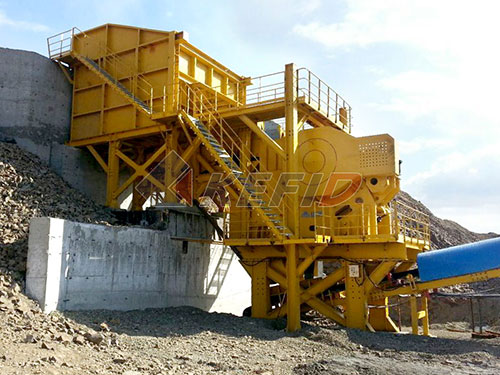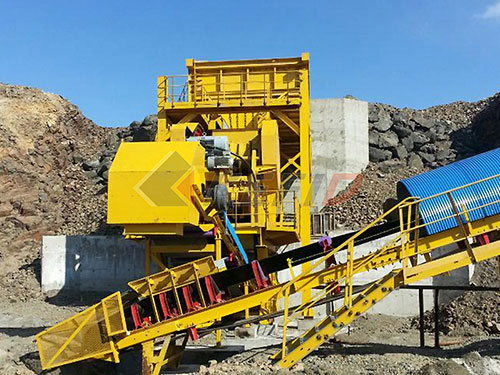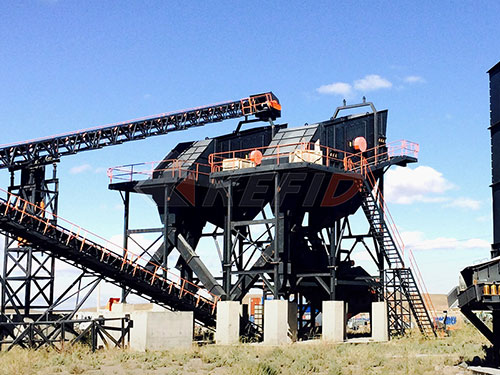The Strategic Imperative: Investing in a 75 Tons/Hr Mobile Crushing Plant for Nigeria’s Infrastructure Boom
Introduction: Seizing the Momentum in a Nation Rebuilding
Nigeria stands at a pivotal juncture. Decades of infrastructure deficit are colliding with an unprecedented population surge and ambitious government initiatives like the National Integrated Infrastructure Master Plan (NIIMP) and the Road Infrastructure Development & Refurbishment Investment Tax Credit Scheme. The demand for construction aggregates – crushed stone, gravel, sand – the literal bedrock of development, is skyrocketing. Traditional quarrying and crushing methods, often characterized by fixed plants requiring significant upfront civil works and lengthy setup times, struggle to keep pace with the dynamic demands of projects scattered across this vast nation. This is where the strategic investment in a modern 75 tons per hour (TPH) mobile crushing plant emerges not just as an equipment purchase, but as a transformative business decision poised to capitalize on Nigeria’s relentless infrastructure drive.
The Nigerian Construction Aggregate Market: Demand Outstripping Supply
Infrastructure Deficit & Government Focus: Nigeria’s infrastructure gap is well-documented. The government recognizes this as a critical bottleneck to economic growth. Massive investments are being channeled into road networks (federal and state), bridges, rail projects (Lagos-Ibadan, Abuja-Kaduna extensions), housing estates (Federal Housing Authority schemes, private developments), and energy infrastructure (power plants, substations). The 2023 budget allocation to Works and Housing alone underscores this commitment.
Urbanization & Population Growth: Rapid urbanization continues unabated. Mega-cities like Lagos, Kano, Ibadan, Abuja, and Port Harcourt are expanding rapidly, demanding new residential complexes, commercial hubs, schools, hospitals, and supporting infrastructure. This constant expansion fuels an insatiable need for building materials.

Supply Chain Inefficiencies: Traditional fixed crushing plants face inherent limitations:
Logistical Challenges: Transporting raw material from distant quarries to fixed plants incurs high fuel costs and trucking expenses.
Project Proximity: Setting up fixed plants near major projects is often impractical due to land acquisition issues or project duration uncertainty.
Operational Rigidity: Fixed plants cannot easily relocate once a nearby project finishes or material sources shift.
Scale Mismatch: Large fixed plants may be overkill for smaller projects or remote locations.

These inefficiencies create localized shortages of quality aggregates (“stone base,” “granite

Leave a Reply